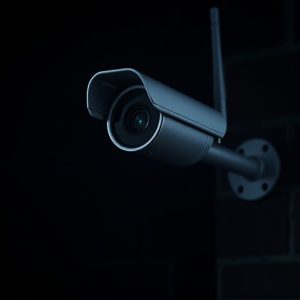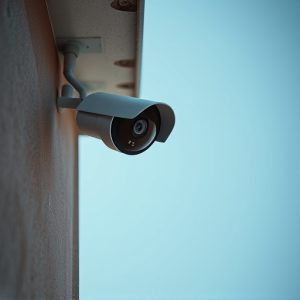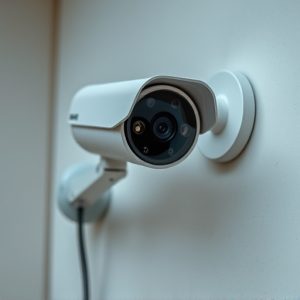Hidden Security Cameras: Unveiling Benefits and Ethical Dilemmas
Hidden security cameras, disguised as everyday items like clocks or pens, offer discreet yet powerfu…….
Hidden security cameras, disguised as everyday items like clocks or pens, offer discreet yet powerful surveillance for homes and businesses. With advanced features such as motion detection, night vision, and two-way audio, these cameras provide comprehensive monitoring while allowing strategic placement to deter unauthorized access. However, ethical considerations are crucial; responsible use involves respecting privacy rights, adhering to local laws, and balancing security needs with individual liberties to avoid a chilling effect on freedom.
Hidden security cameras, often referred to as covert surveillance equipment, offer enhanced safety measures by capturing footage without alerting potential threats. This article explores the fundamentals of these concealed devices, delving into their various forms, installation techniques, and the ethical landscape surrounding their use. We weigh the benefits of improved security against privacy concerns, providing insights for both individuals seeking protection and those mindful of civil liberties.
Understanding Hidden Security Cameras: The Basics
Hidden security cameras, also known as spy cameras or covert surveillance devices, are small, discreet cameras designed to capture video or still images without the subject’s knowledge. These cameras are a popular choice for both residential and commercial security systems due to their ability to provide unobtrusive monitoring. They can be easily integrated into everyday objects like clocks, smoke detectors, or even pens, making them nearly invisible to potential intruders.
The basic functionality involves a hidden lens that records video or captures images, which can then be stored locally or transmitted wirelessly to a monitoring station or mobile device. Many modern hidden security cameras offer advanced features such as motion detection, night vision, and two-way audio, ensuring comprehensive surveillance. Their small size and versatile design allow for strategic placement in various settings, making them an effective tool for enhancing security and deterring unauthorized access.
Benefits and Ethical Considerations of Hidden Surveillance Equipment
Hidden security cameras, also known as surveillance equipment, offer significant benefits in terms of enhancing security and peace of mind for individuals and businesses alike. They provide an extra layer of protection by capturing footage of potentially suspicious or criminal activities, enabling quick identification and response to threats. This technology is especially valuable in areas with a history of crime, or for high-value assets and sensitive information.
However, the use of hidden cameras also raises important ethical considerations. Privacy is a paramount concern; individuals have a right to expect certain levels of privacy in public and private spaces. Unethical placement of these devices can lead to a chilling effect on freedom of expression and movement. It’s crucial for users to ensure compliance with local laws regarding surveillance, gain consent where necessary, and employ these tools responsibly to maintain a balance between security and individual liberties.


